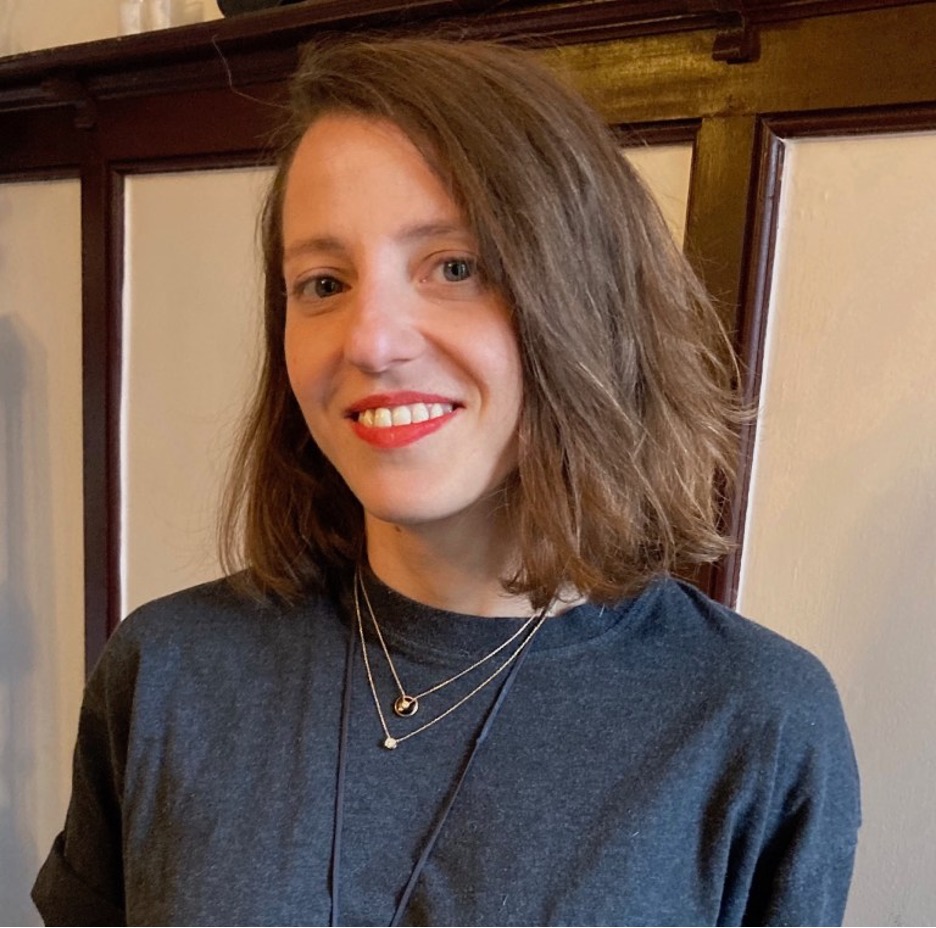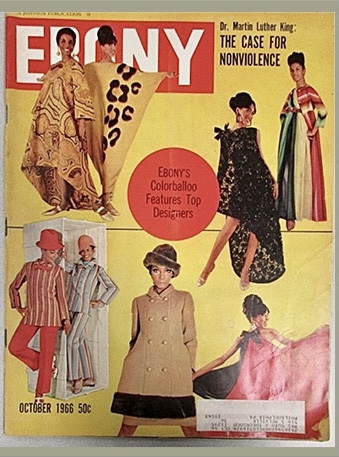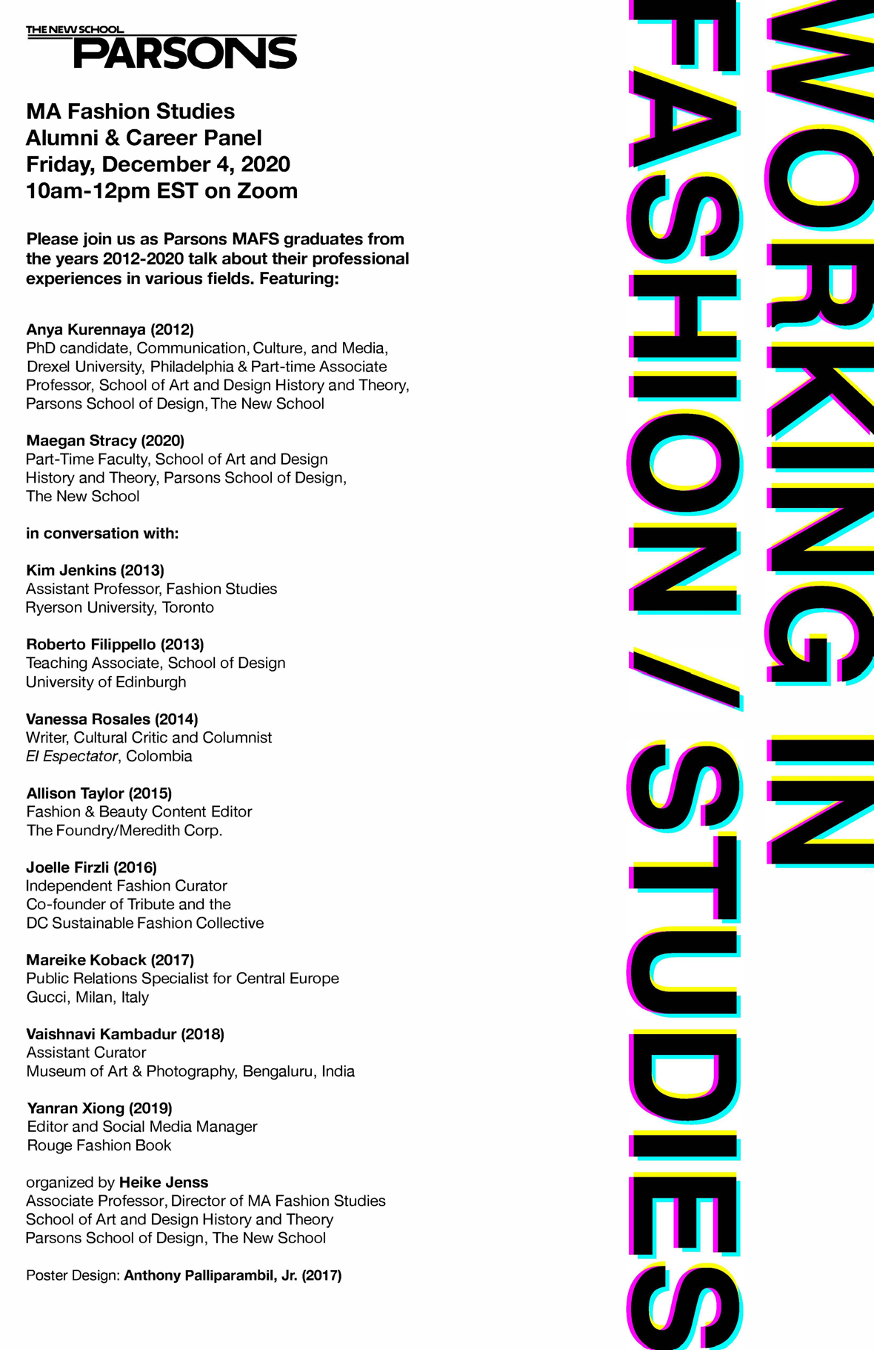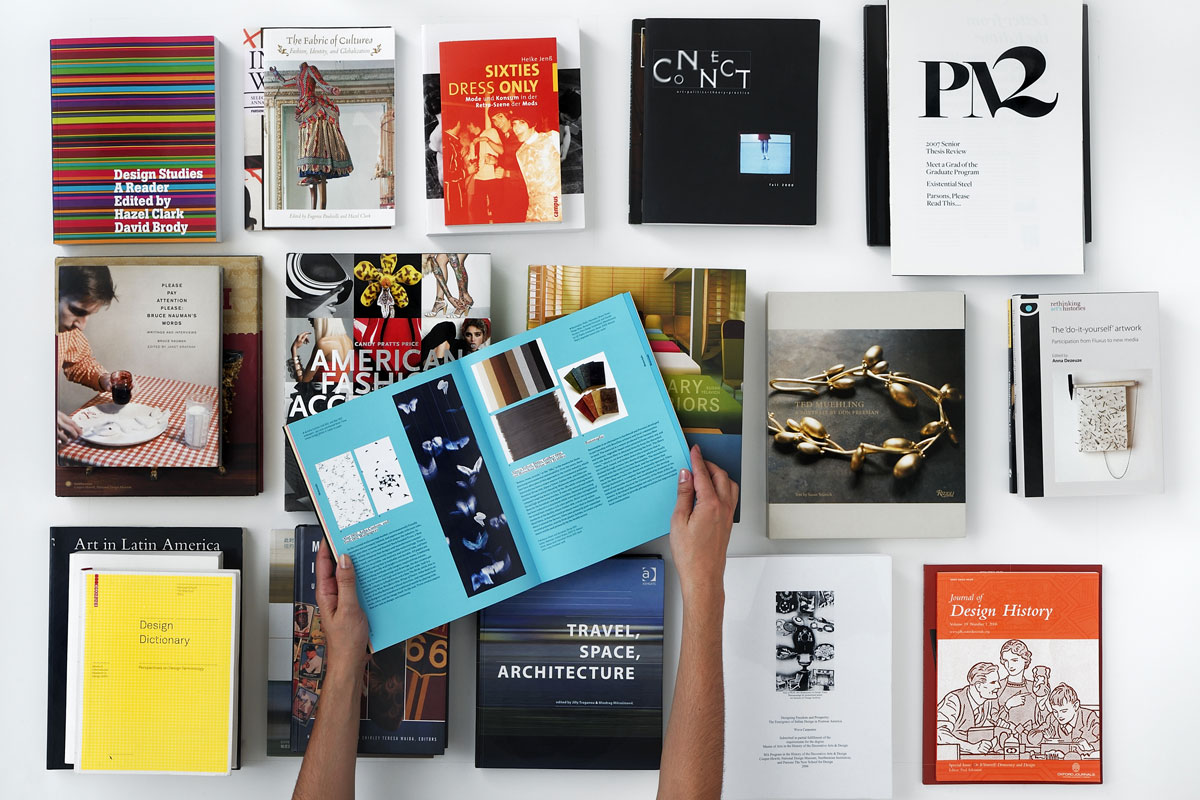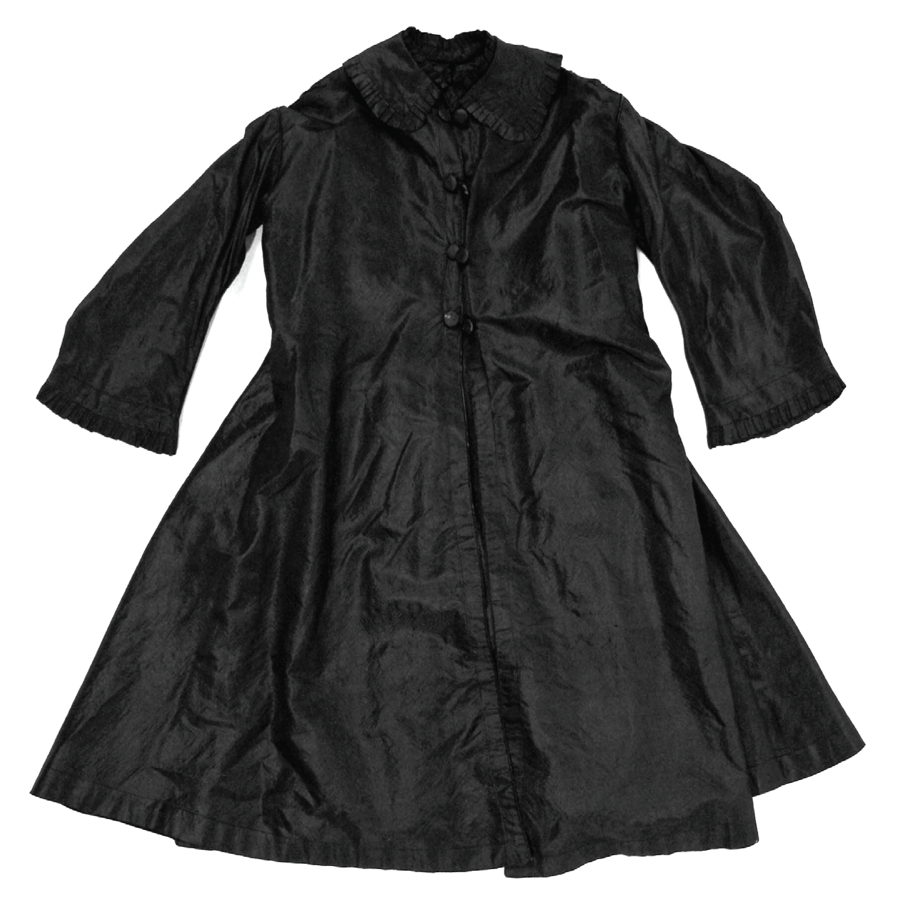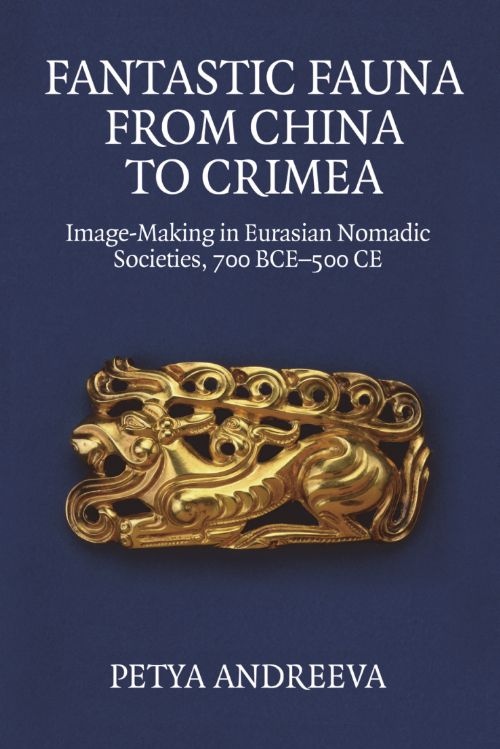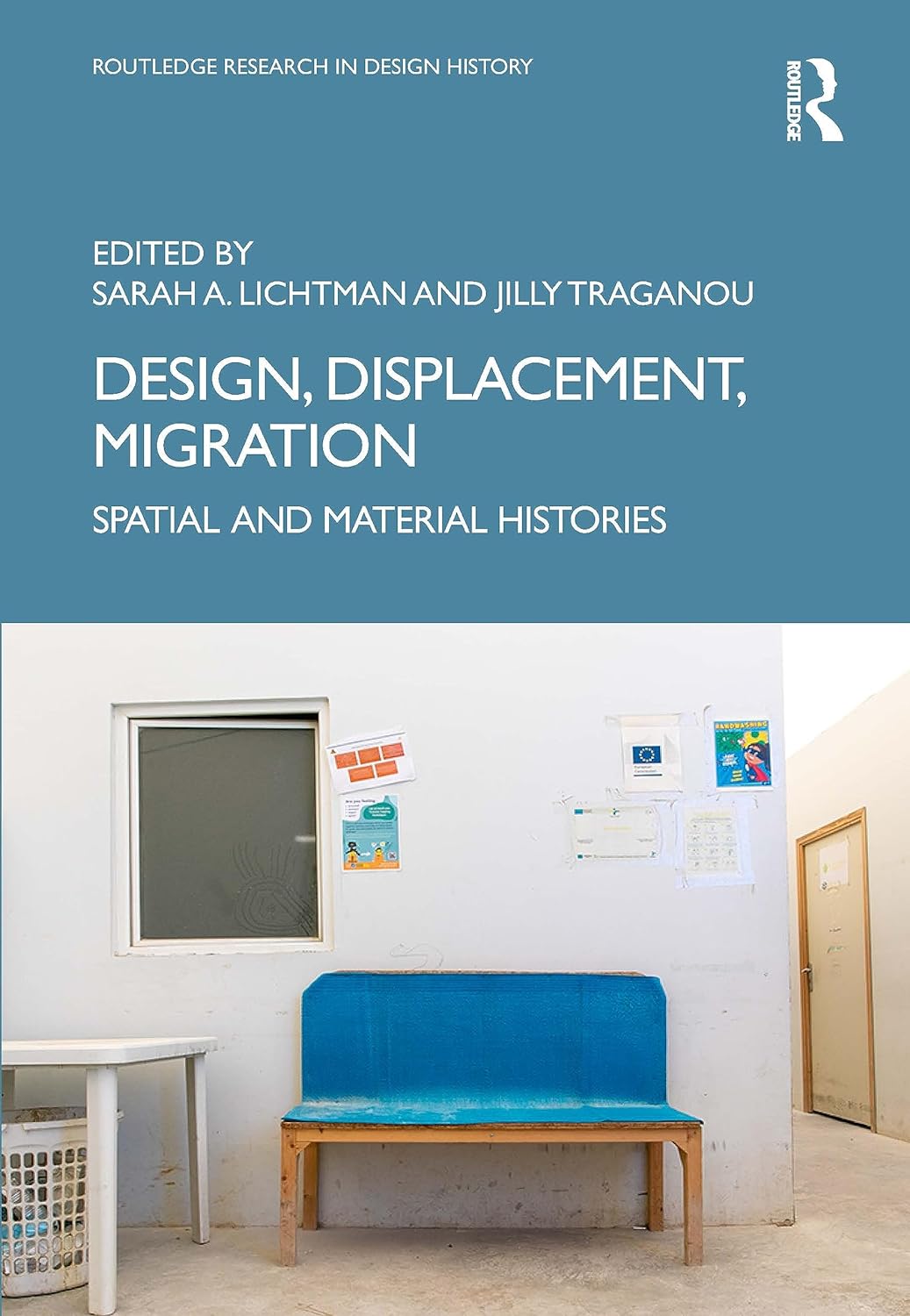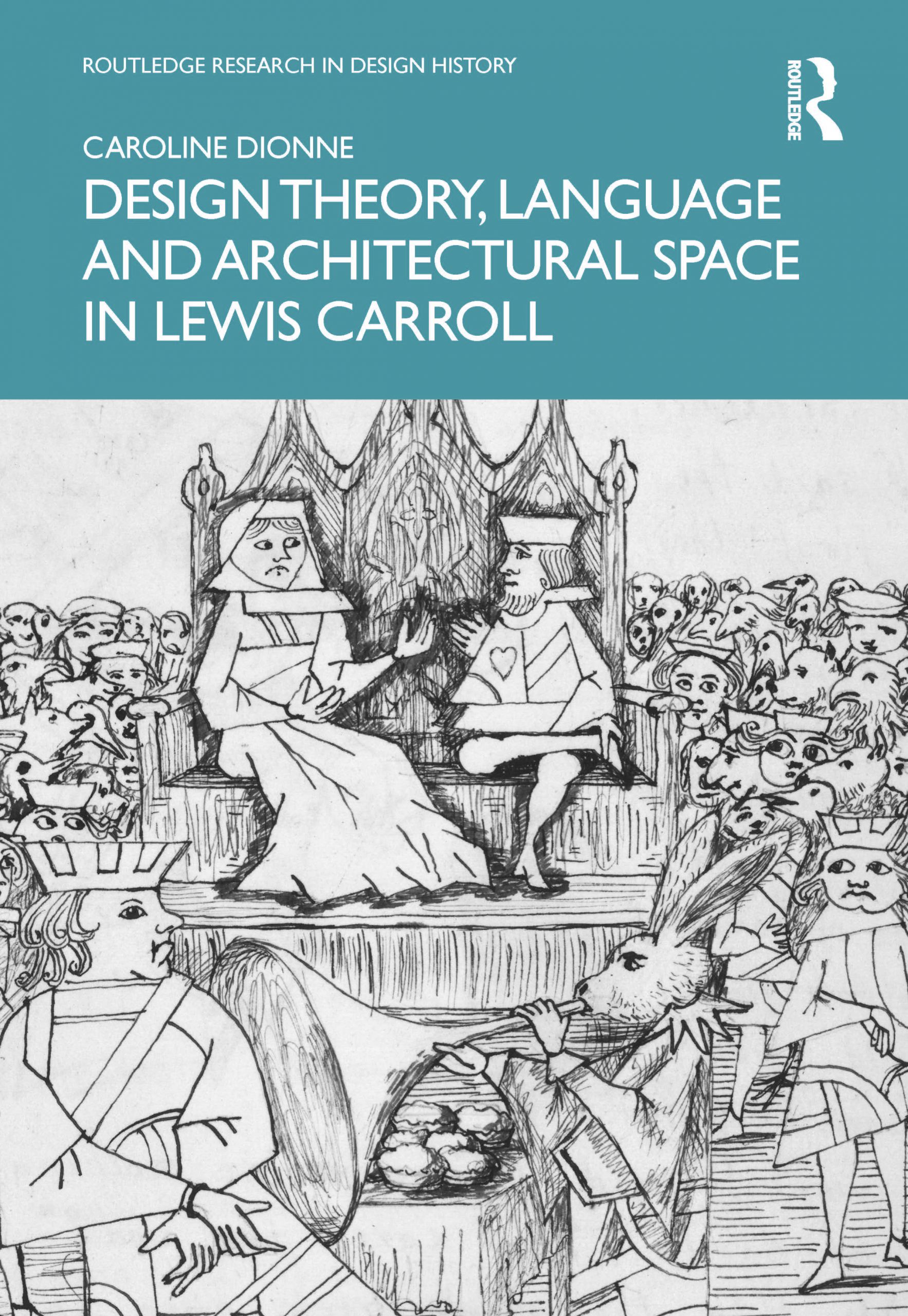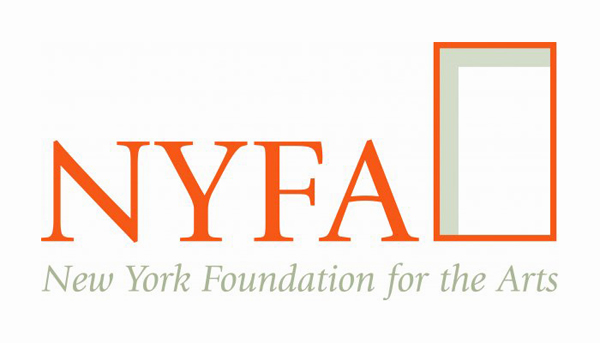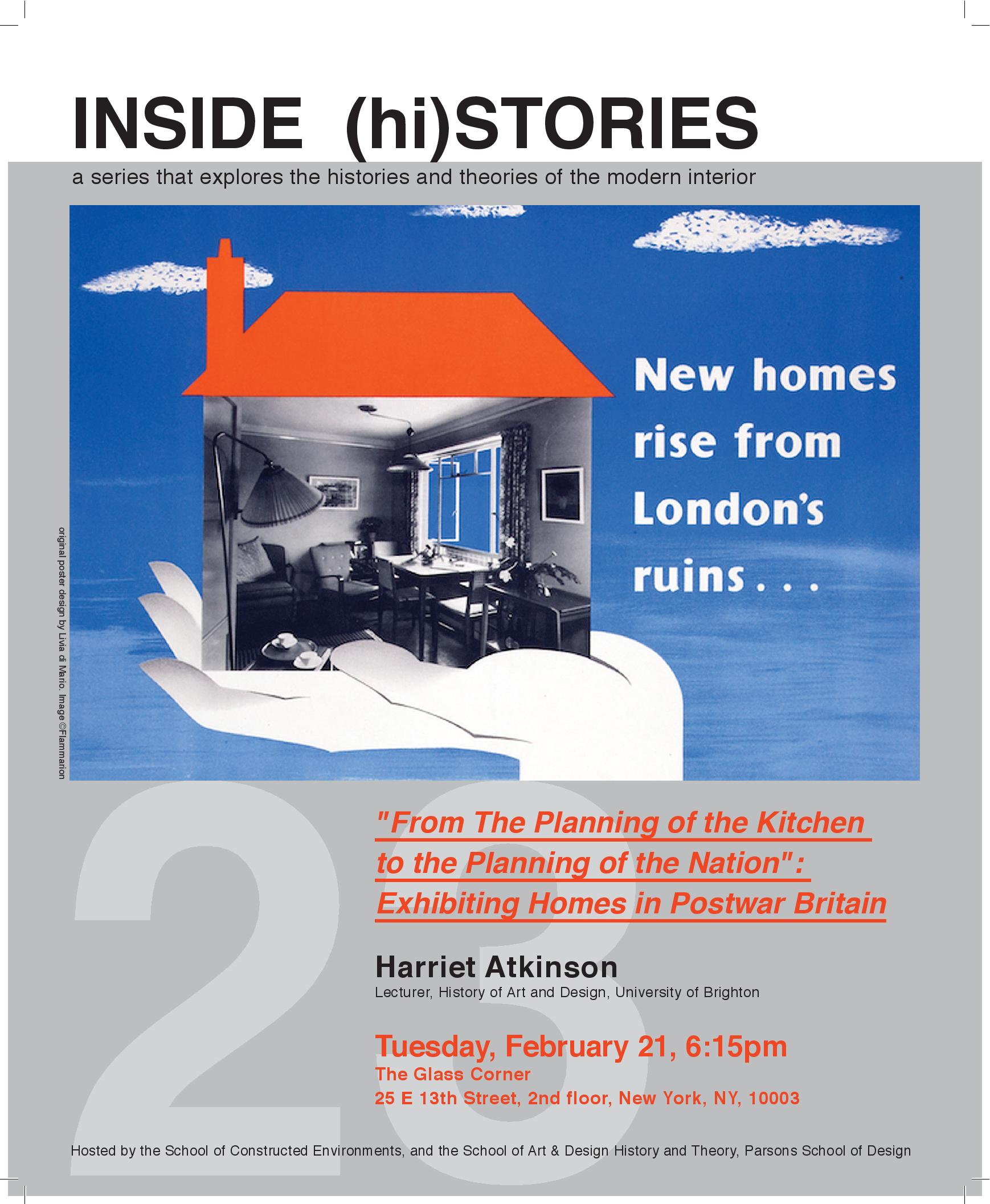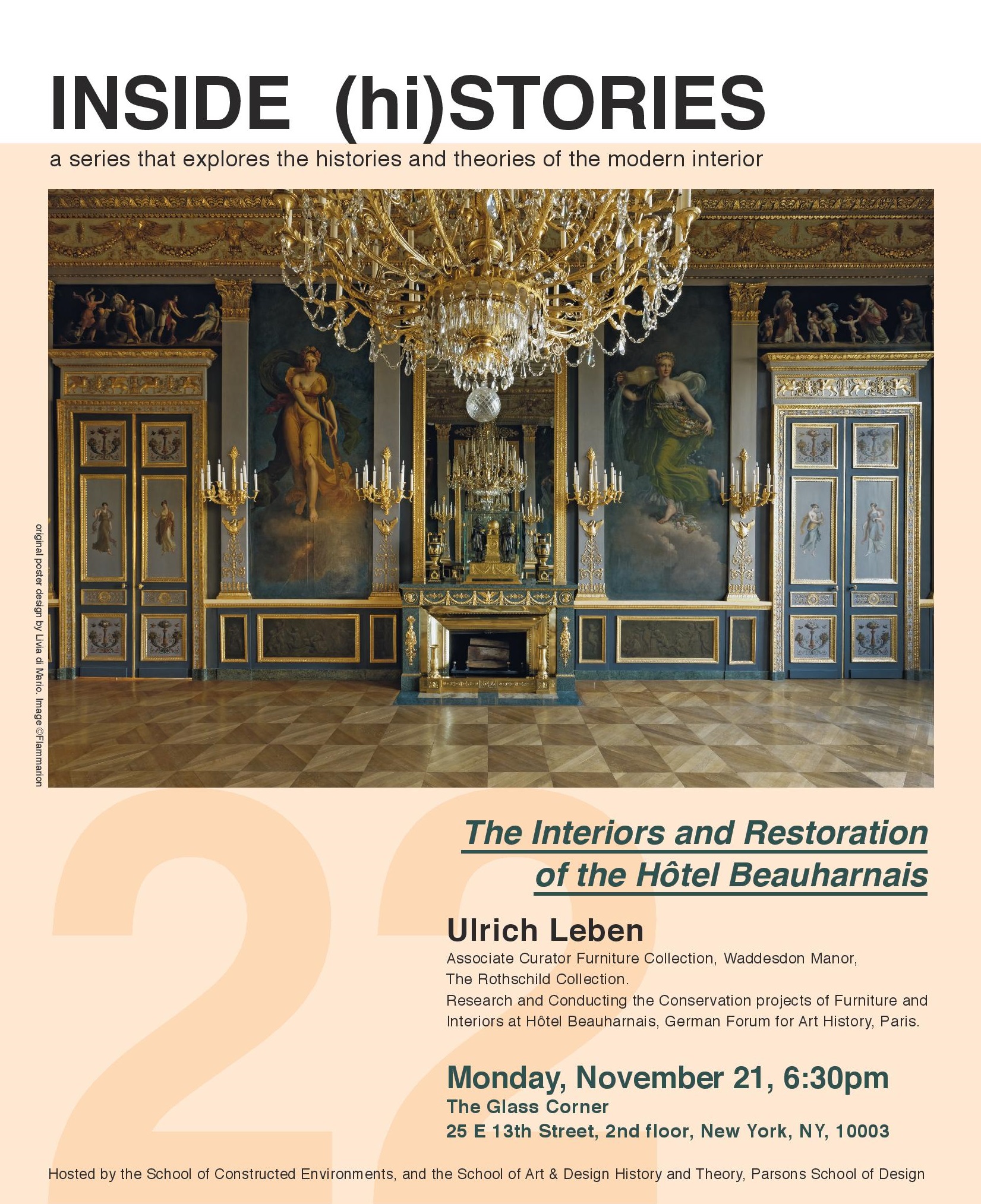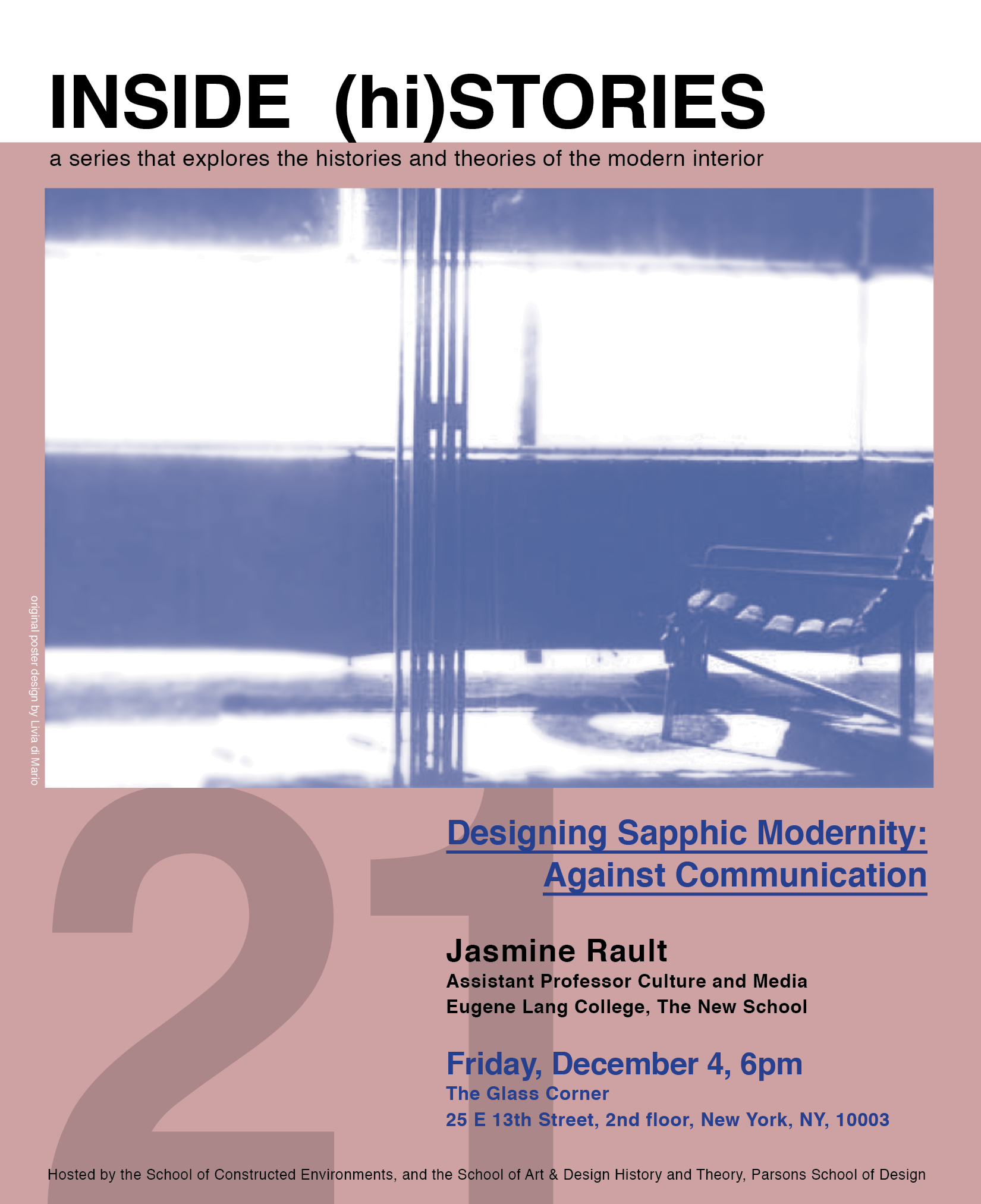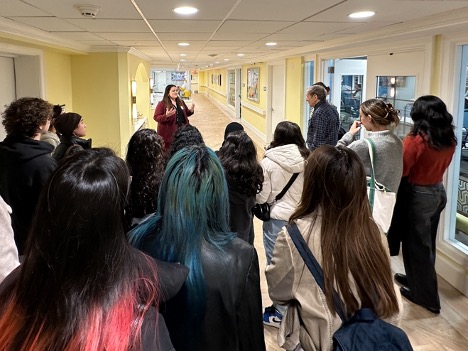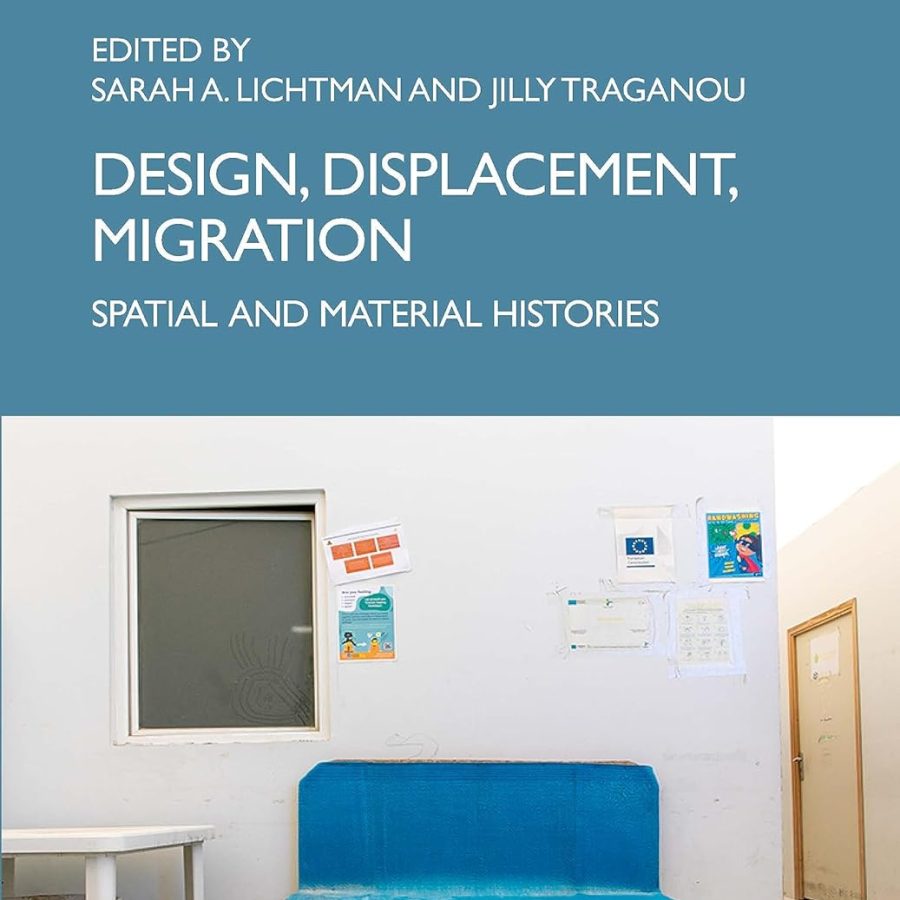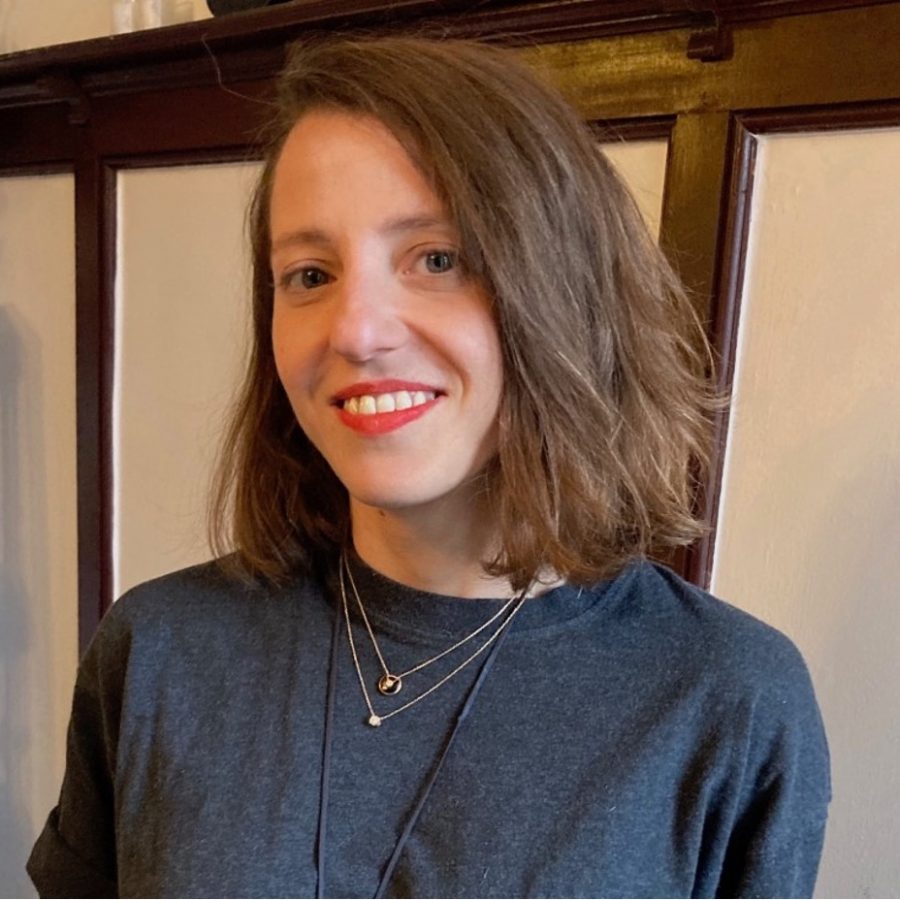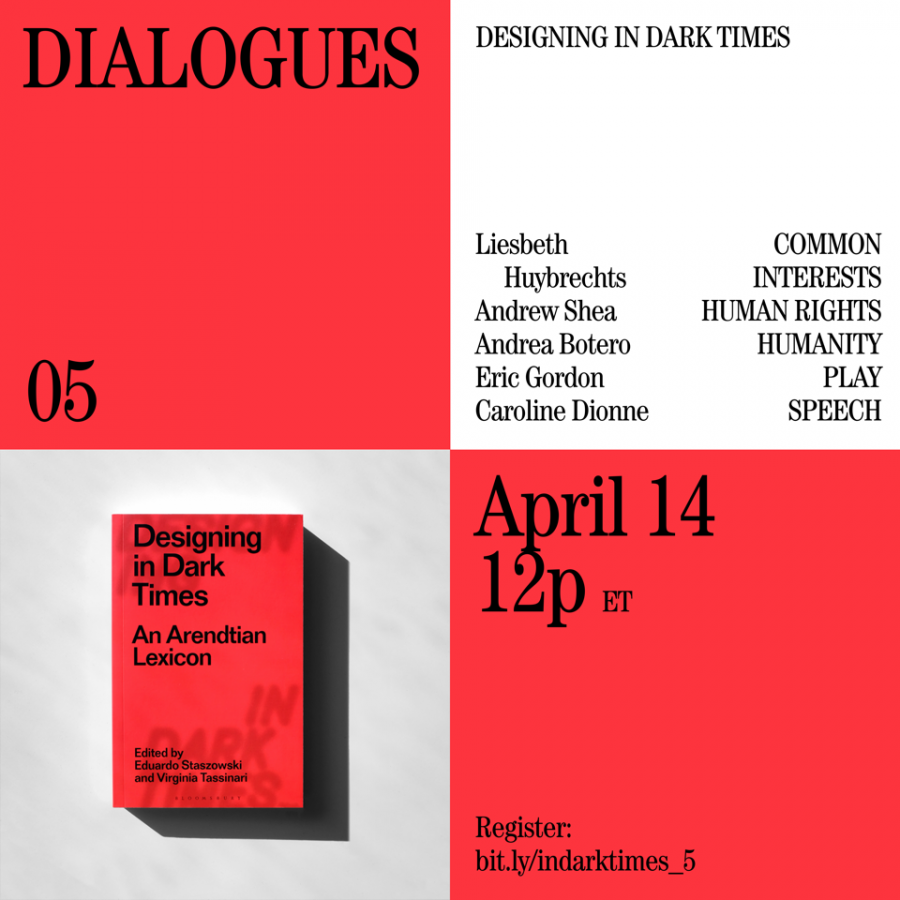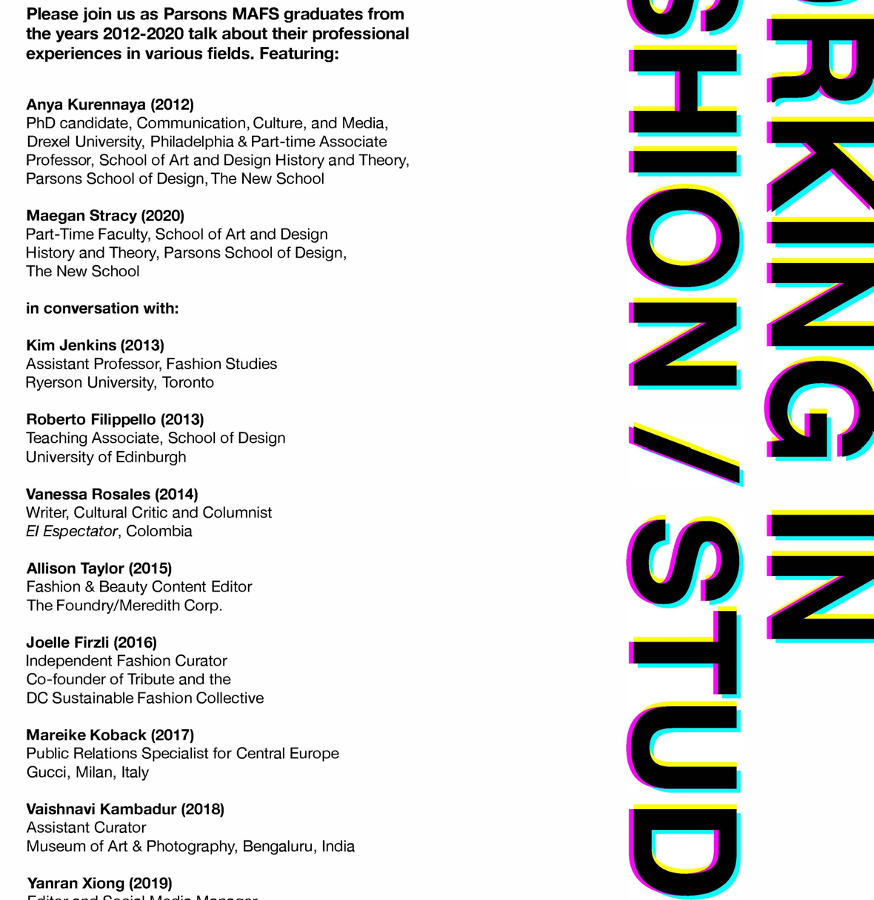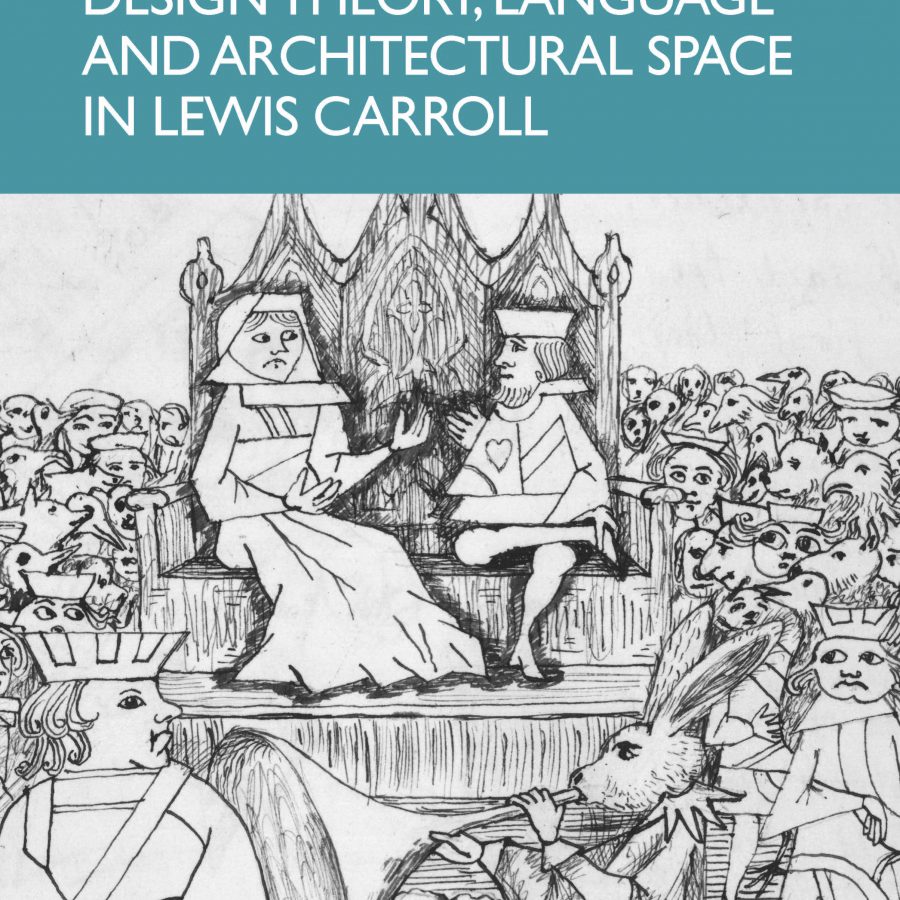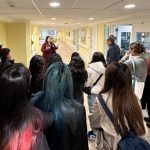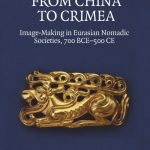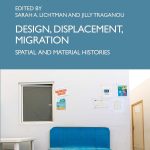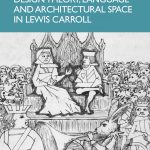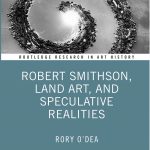In the 2013-2014 academic year, ADHT launched the Integrative Seminar and Studio as a cornerstone of the foundational first-year of Parsons’ innovative new curriculum. Dynamically bridging theory and practice, Integratives explores methods of collaboration and interdisciplinarity as a means to catalyze productive dialogues between studio and seminar practice. In these courses, students investigate the myriad ways that reading, writing, research, and making come together to form the fertile ground of creative and critical inquiry in art and design. Drawing together—and blurring the boundaries between—intellectual and material practices, Integratives instills a rigorous and generative mode of thinking and making that all students carry with them across their four years at Parsons.
Rory O’Dea is the Assistant Professor of Contemporary Art and Design and the Course Coordinator for Integrative Seminar and Advanced Research Seminar. His scholarship explores the intersection of visual and verbal languages in post-war and contemporary art, with a particular interest in the ways that artists and designers draw upon the discourses of research, history, and fiction in order to shift our understanding of the past and the conditions of possibility for the present and future.
In the Spring of 2017, Parsons graduated the first class to complete the new curriculum, and on the occasion of this extraordinary achievement, ADHT would like to recognize and celebrate the exceptional creative, scholarly and pedagogical practices of our Integratives faculty in our Integrative Seminar & Studio Faculty Spotlight Series.
In this feature, we catch up with Integratives faculty member Maya Pindyck, borrowing some questions from the Proust Questionnaire in the spirit of true collaboration.
Please tell us a little bit about your background.
My creative practice involves writing, drawing, public interventions, and experiments with sound, text, and other media. I majored in studio art and philosophy as an undergraduate and got my MFA in poetry. I’ve always moved between and combined writing and visual art practices, and my scholarly practice also combines the two. I’m currently a doctoral candidate in the English Education program at Teachers College, and my dissertation is written as a visual-verbal poem. It explores pedagogies of poetic inquiry through processes of remembering and returning to the four schools I attended as a K-12 student in Boston and Tel Aviv.
What would you say is your pedagogical approach to the Integrative seminar that you teach?
I want my students to move away from set ideas about personal style—even voice—and explore different ways of working language. I like to give exercises that bring writing and visuals together; that make a work from a random source, as with erasure poetry; that require careful observation of an everyday object or place; that play with chance or accident; and that ask students to imitate an unfamiliar style or structure of writing, usually based on the readings.
As a teacher I encourage students to follow the unknown, to de-center writing from ideas about the self, and to explore a range of subject matter, voices, and forms. Ultimately, I see it as a way of cultivating empathy—braving intimacy with what might seem unfamiliar.
Has leading this course in any way informed an evolutionary change in your academic pedagogy? In your scholarly/creative practice?
I love how seminar and studio work in tandem and form generative connections and how each course treats writing, making, and thinking in relation. Teaching Integrative Seminar has pushed my assignments to become more interdisciplinary and multimodal and has me thinking a lot about perspective, too, when it comes to writing.

The opening of Maya’s exhibition, “Today I Saw,” at the Milton Art Bank in Milton, PA (the show ran from 5/13 – 7/15). The installation combines sound, text, video, and social practice to build an archive of local sights while putting the town of Milton in a global context.
Which living person do you most admire?
Ai Wei Wei for his courage and how he and his work are one urgent thing, and unapologetically so. I also admire his work for its beauty.
What is your current state of mind?
#shocked #angry #somuchworktodo #fire&focus
What do you consider the most overrated virtue?
Chastity, obviously. Temperance is a close second.
If you could change one thing about yourself, what would it be?
My internal divisions and separations.
If you were to die and come back as a person or a thing, what would it be?
A bee—to see in dots, to live among flowers, and to sting only when my life depends on it.
Who are your favorite writers?
Claudia Rankine. Lucille Clifton. Naomi Shihab-Nye. Jean Valentine. Gilles Deleuze. Sherman Alexie. Emily Dickinson. Adrienne Rich. Anne Carson. Mahmoud Darwish. Maggie Nelson…
What is your motto?
“You get what you get and you don’t get upset.” Besides functioning as a way to nip whining, the motto’s pedagogical, suggesting that it doesn’t serve us to be picky.
My second motto might contradict the first, but I think they need each other: “You can get it if you really want, but you must try, try, and try.” –Jimmy Cliff
